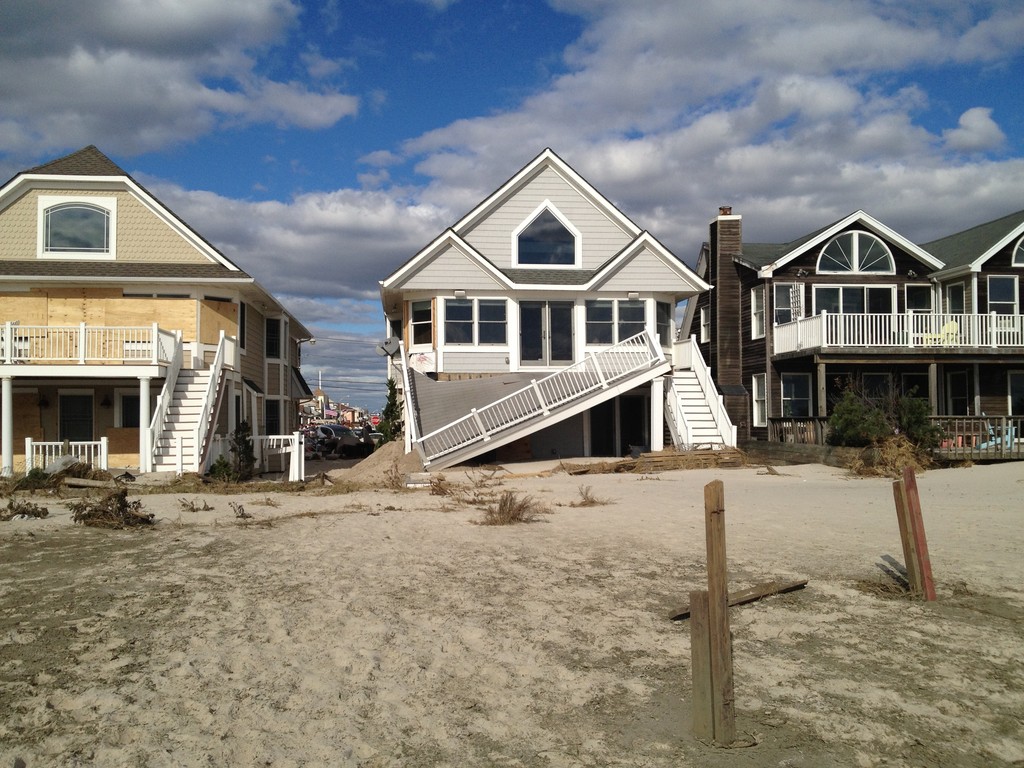Thinking of hiring a law firm to fight your insurance company? Know what you're getting into.
When considering an attorney for post-Hurricane Sandy issues, it is imperative that you understand contractual terms
In the aftermath of Hurricane Sandy, attorneys have descended upon Long Beach offering to represent homeowners in recovering compensation from their insurance companies. Attorneys from all over the country are hosting seminars, aggressively marketing themselves and signing up clients at an impressive rate. This is understandable given the intense frustration that often comes with trying to collect on insurance policies. If you are thinking of hiring an attorney, it is imperative that you understand the terms of the law firm’s contract (sometimes referred to as retainer agreements or engagement letters).
I have spoken with a number of experts and experienced attorneys who have reviewed several retainer agreements from law firms claiming they can get results for Sandy victims. They recounted that provisions of certain agreements were at times confusing or even downright unfair. Based on these conversations, here are some key areas that they recommend you consider in reviewing such a contract.
What is the scope of the engagement?
Does the agreement specify precisely what services will be provided? Do not assume that you know what duties are encompassed by terms such as “pre-litigation services” or “claims processing services.” If you are uncertain, ask the attorney to explain the scope of each unclear term, and, to the extent possible, request that a more expansive definition be included in the agreement.
You should also know whether written consent is required before a lawsuit is filed on your behalf. You do not want a lawsuit filed without your knowledge, especially if the attorney has not explained his strategy and the likelihood of a positive outcome.
“One-Stop Shop”
Some law firms are promising to help homeowners with all of their needs, including public adjustment work and even construction. While a “one-stop shop” may sound appealing, here are some things that experts recommend you keep in mind.






